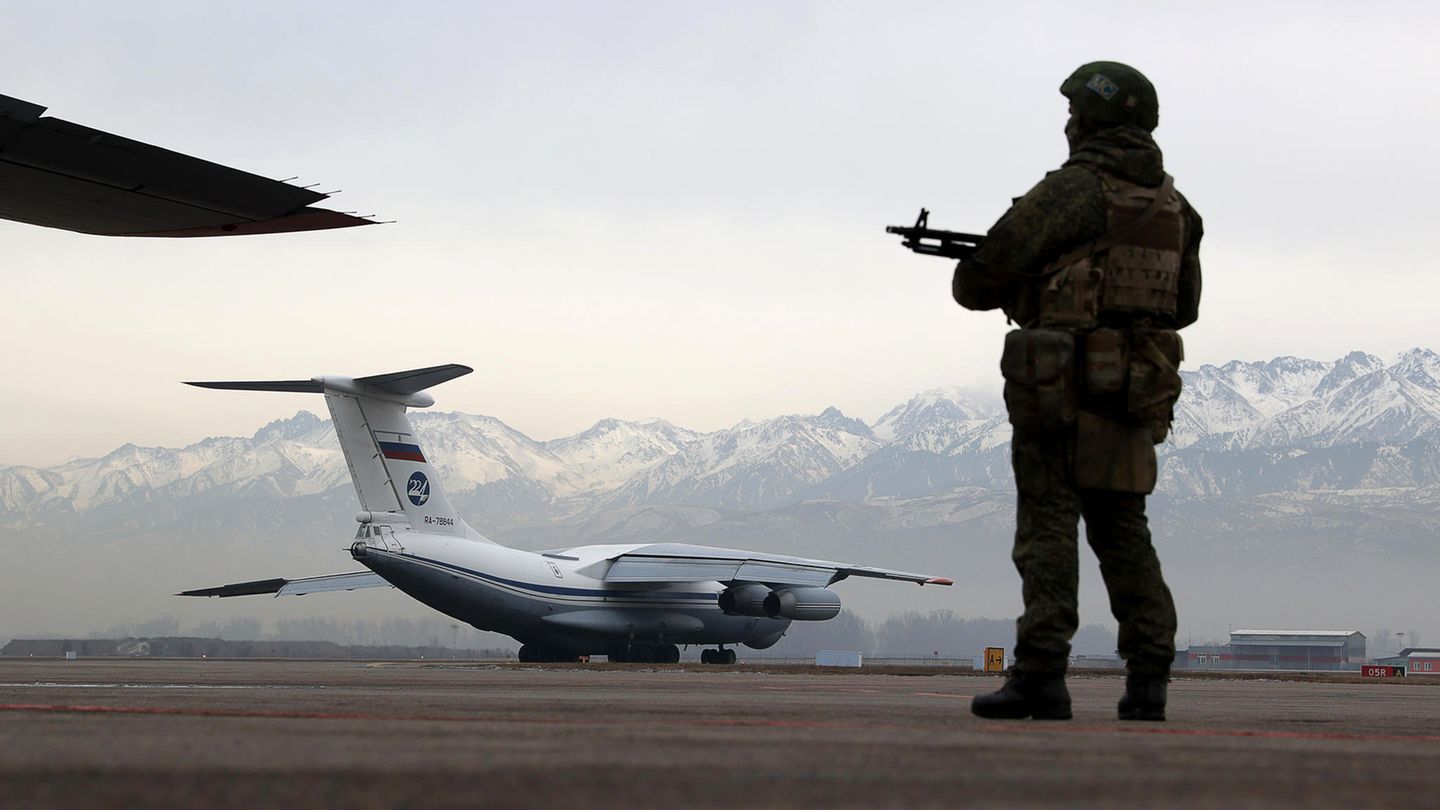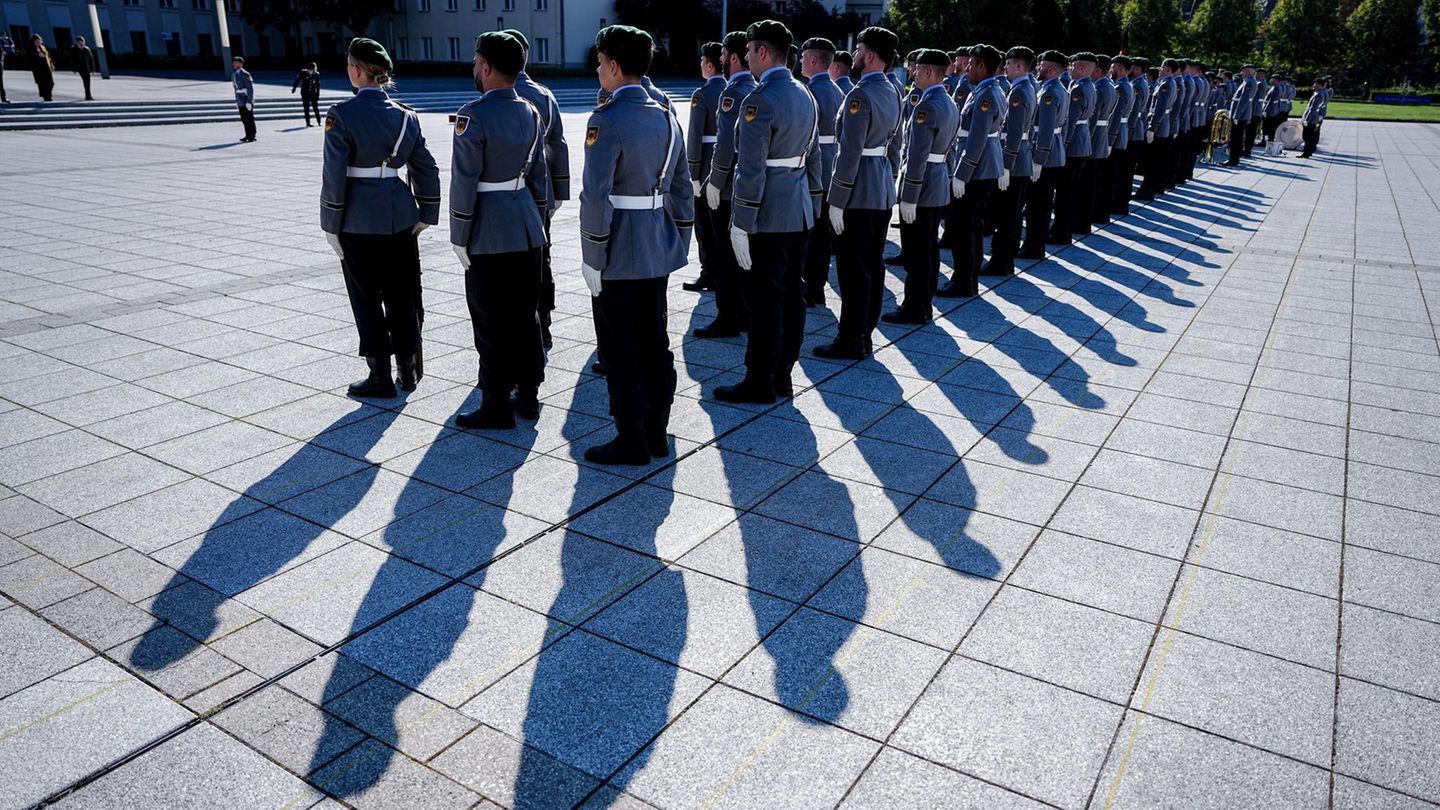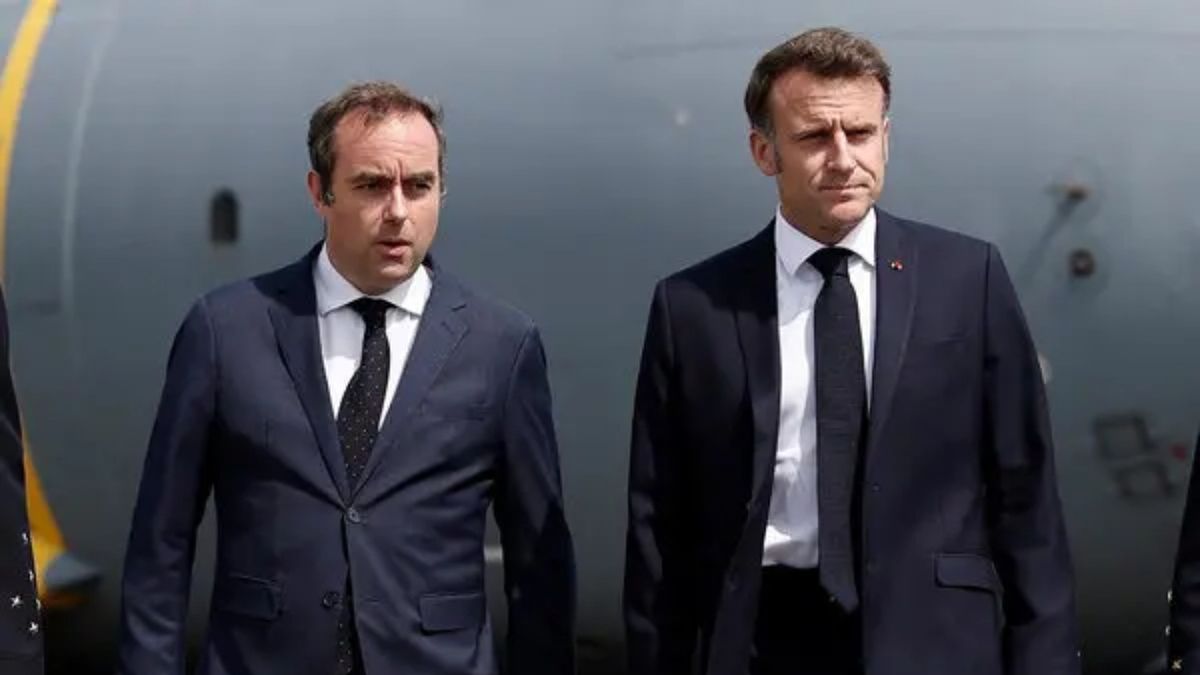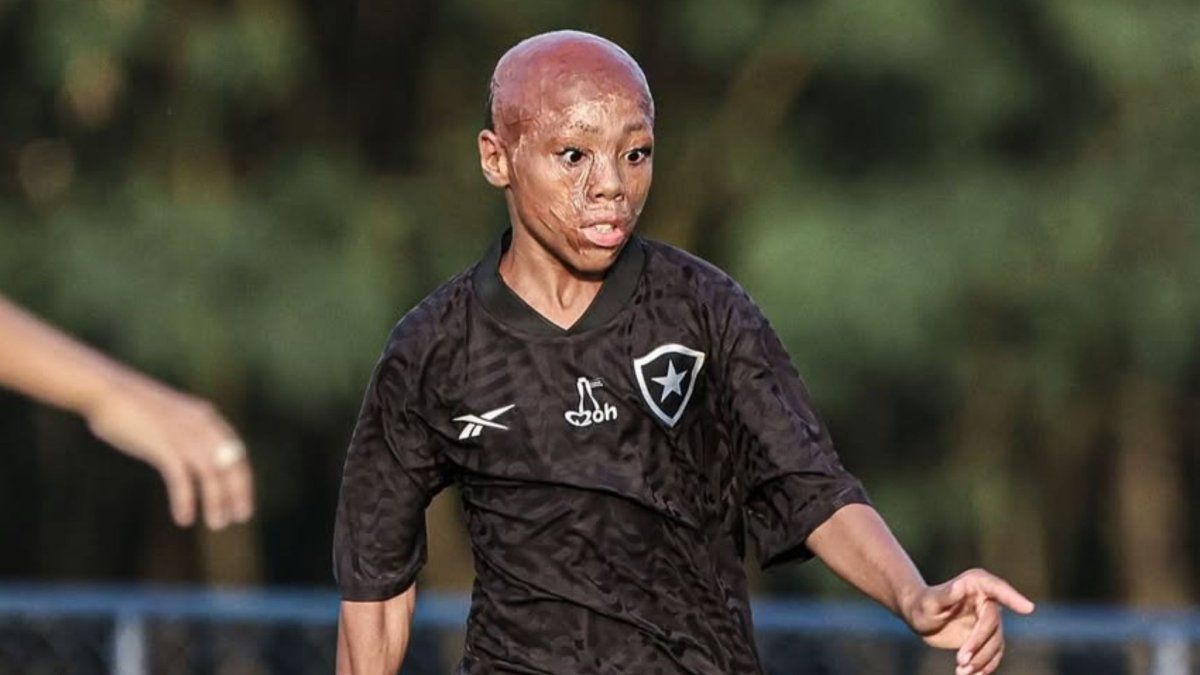Kassym-Jomart Tokayev has faithfully served the long-term ruler of Kazakhstan for more than three decades. But now all signs point to the fact that he used the protests in the country to disempower his patron.
What began with protests against increased gas prices ended less than two weeks later in the overthrow of a dictator who had held Kazakhstan firmly in his authoritarian hands for over 30 years. At least that’s the impression given by the country’s new official leadership. The situation in the ninth largest country in the world remains ambiguous. Information leaks out only sporadically. The internet is blocked in many places. Arrivals from abroad are stopped. It remains to be clarified whether spontaneous protests were appropriated by the competing clans in order to carry out a power struggle within the elite or whether everything was staged from the start.
But the puzzle that is gradually being pieced together paints a picture that could be straight out of Kazakh folklore: a servant who languishes in his master’s shadow for too long sees his aging patron weakening and would rather commit treason than perish with him.
For decades, Kassym-Jomart Tokayev was loyal to the long-term ruler Nursultan Nazarbayev. The former diplomat owes almost his entire political career to Nazarbayev’s patronage. The latter had worked his way up from factory worker to general secretary of the Communist Party in Soviet times and later appointed himself president for life. Under him, Tokayev first became deputy foreign minister, later prime minister – and finally president in 2019.
In the end, Nazarbayev did not want to remain in this office until the end of his life and raised his faithful servant to this rank – as his puppet. The dictator kept power in his hands. It was for him that the title of “Elbasy”, the “leader of the nation” was thought up. He also continued to lead his Nur Otan party as chairman and occupied the post of head of the Security Council, the most important and most powerful body in Kazakhstan’s political system.
A pale Loyalist with excellent foreign contacts but no real power base at home, Tokayev was ideally cast for the role of placeholder. In his first official act, the political foster son renamed the capital Astana Nursultan, after Nazarbayev’s first name. An impressive demonstration of his loyalty.
The trigger
But now all signs point to Tokayev using the nationwide protests to crush the power of the man who placed him in the presidential chair.
“I think that what happened in Kazakhstan last week is a combination of three processes that flowed smoothly into each other,” political scientist Andrej Okara explains the situation in . “First came the popular uprising, which had social and economic reasons. Kazakhstan is a rich country with a poor population.” The stark contrast between the feudal oligarchy and the common people is characteristic of Kazakhstan as well as many other Asian states. “There is almost no middle class. Instead, there is a clan aristocracy that controls all profitable resources. That couldn’t work forever. It needed some kind of turning point, a trigger,” said the expert.
This trigger was the increased price of liquid gas – a raw material that is essential for many people in Kazakhstan because it is used across the board to refuel vehicles. While a liter of liquid gas still cost around 60 tenge (equivalent to twelve cents) in December, the price rose rapidly just before Christmas and climbed to 120 tenge after the New Year.
Revolt against political foster father
As protests swept across the country, Tokayev may have seen the opportunity he’s been waiting for. “The second trial that followed was actually a coup d’état by a man who everyone recognizes as the legitimate president,” explains political expert and lawyer Okara.
Temur Umarov, a consultant at the Carnegie Moscow Center, also shares this assessment. “As it stands, Tokayev used the protests to accelerate the transit of power. So that the time does not come when this step will be taken from him,” said the expert from the independent Moscow think tank, which specializes in domestic and foreign policy former Soviet countries specializes in .
Most experts share this assessment. The political scientist Alexei Malashenko also considers it likely that Tokayev saw the protests as an opportunity to take power and get rid of Nazarbayev. “It has two advantages for him. Firstly, he can finally feel like a real president. Secondly, he can blame everything on the glorious past,” explains the senior researcher at the Institute for World Economy and International Relations in Moscow in an interview the TV channel Dozhd. In fact, Nazarbayev’s people have already been removed from all key positions.
The role of clans in Kazakhstan
But Nazarbayev did not rule the country alone for 30 years. He relied on a huge clan belonging to the most powerful Zhus in the country, a historically formed association of Kazakh clans. This is said to be responsible for the violent uprisings in the former capital and economic metropolis Almaty. According to this reading, Nazarbayev’s nephew, who has always been notorious for being the head of the local criminal scene, is primarily responsible for the unrest.
It is also assumed that the security forces, which were controlled by Nazarbayev supporters last week, let the violent groups do their thing. This is the only way to explain how they were able to take over the buildings of the Kazakh secret service KNB, the city administration or the airport within a very short time, so the argument goes.
Putin turns his back on Nazarbayev
Exactly this was also the time when a new actor intervened in the events. “The introduction of foreign troops into the territory of a sovereign, independent state is the third process in this series,” explains political scientist Okara. The Collective Security Treaty Organization (CSTO), in which four other former Soviet republics are allied alongside Russia and Kazakhstan, sent more than 2,000 soldiers to Kazakhstan after the mass protests last week at the request of Kazakh President Tokayev. On Tuesday, Tokayev announced that the CSTO “peacekeeping forces” would gradually withdraw from Thursday.
“Tokayev has consolidated its position. The deployment of the CSTO troops is a clear sign that Putin is now backing Tokayev in his Kazakhstan policy and that we can say goodbye to Nazarbayev and his entourage,” explains the Russian . “The CSTO troops were tasked with ensuring the loyalty of the Kazakh security forces to President Tokayev, who is emerging as the nation’s new leader before our eyes.” Kazakh elites are clearly fragmented. “Here we see the not-yet-cooled throne of Nazarbayev being divided between members of his own clan. As Nazarbayev has aged and weakened, they had to act quickly.” Tokayev emerged as the winner from this fight.
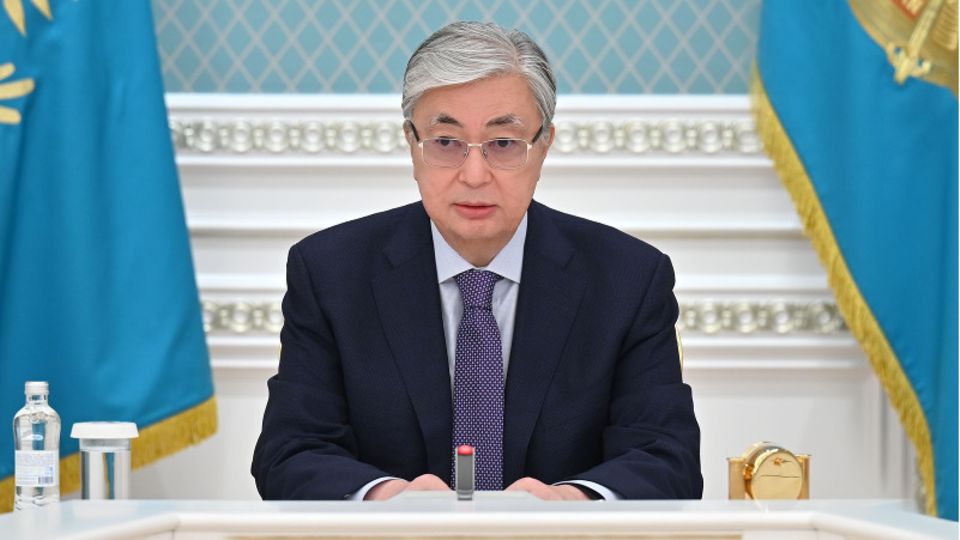
Also thanks to the Kremlin gentlemen. “Putin took advantage of this unique opportunity,” the political scientist agrees. This was an opportunity for the Kremlin to demonstrate its immediate military readiness, and to do so legally.
Apparently, having a pro-Russian government in Kazakhstan on his side is crucial for Putin. Whether it is led by Tokayev or Nazarbayev, his staunch ally for 30 years, seems to be of secondary importance to him.
Where is Nazarbayev?
While Tokayev apparently secured himself power with the help of Putin, there has been no trace of 81-year-old Nazarbayev since December 26. At that time he was returning from a visit to Russia together with Tokayev. Only rumors are circulating about his current whereabouts. It is said that he may be in China. His family is also said to have left Kazakhstan.
Meanwhile, Tokayev begins what many pundits have predicted: a campaign against his former mentor. In a speech, he accused Nazarbayev of favoring a wealthy elite in the country. Under his government, “even by international standards, a class of rich people” emerged, Tokayev said on Tuesday. “I believe it is time to pay tribute to the people of Kazakhstan and help them systematically and regularly.”
Among other things, “very profitable companies” should pay into a state fund. He expects “the active participation of people who have great wealth but remain in the background,” Tokayev added in a video conference with officials and MPs. The President also announced that he would crack down on the monopoly of a widely criticized private recycling company that has ties to Nazarbayev’s daughter, Aliyah Nazarbayeva. Recycling should be the responsibility of a government agency, “as is the case in other countries,” he promised.
Source From: Stern
David William is a talented author who has made a name for himself in the world of writing. He is a professional author who writes on a wide range of topics, from general interest to opinion news. David is currently working as a writer at 24 hours worlds where he brings his unique perspective and in-depth research to his articles, making them both informative and engaging.

